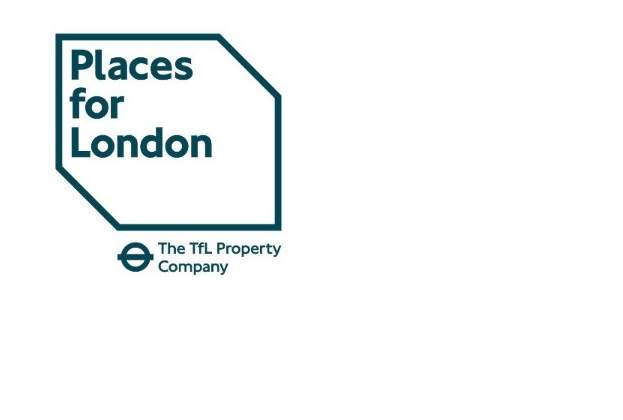Amidst current market uncertainly and rising mortgage rates, property chains can become fragile. While some buyers may have lower budgets, the impact is playing out differently around the country so it’s important to understand the micro market in your particular area, street by street if necessary. Prices have remained remarkably resilient in many areas despite the tough conditions and if you’re looking in a sought-after location in a school catchment area competition is still likely to be stiff. Wherever you are looking to buy or sell, one things is certain, flexibility is key.
It takes courage to be decisive in an uncertain market, but those who are will be rewarded with the pick of the stock. Here are our top tips for buyers and sellers on navigating the current market and keeping the chain together:
Choose the right agent
It’s important to appoint an experienced agent with a proven track record of property sales in your local area. When evaluating sales performance, consider the time taken to sell a home as well as the percentage of asking price achieved. Guiding the deal from sale agreed to exchange requires skill and experience.
Price realistically from the start to attract buyers
In a more considered property market getting the launch price right is vital to achieving the best possible sales price. Adopting the correct price strategy helps us generate enthusiasm in buyers a more subdued market does not provide. In many cases we are still delivering excellent premiums for our clients, often through competing bids. In a market where values are fairly static pricing high leaves the vendor marooned, there is no rising tide. When considering an agent it’s understandable that vendors might find the highest valuation attractive, but ultimately it may represent the worst advice and produce the poorest outcome.
In a more buoyant market, it is tempting to launch with a bold asking price, comfortable in the knowledge that time favours the vendor. Given current market conditions, the best approach is to launch at a keener price, in line with fair value, to attract immediate attention and encourage competition. Whatever the market, buyers are encouraged with the price confidence competition creates.
Talk to agents who really know the local market and whose strategy is justified through successful, comparable sales. Ask them for evidence of their average selling price compared to guide and how long the sale took.
Be willing to negotiate
Be prepared to negotiate and don’t be too rigid in your sales price expectations. An asking price should be aspirational after all. If a buyer feels the price is reasonable and fair, they’ll be far less likely to try to negotiate later on after an offer has been accepted which can cause havoc prior to exchange (gazundering). It’s not all about price however – think creatively too - consider offering to include white goods and/or curtains instead of reducing the price to seal the deal.
While buyers and sellers should be realistic on price, buyers should be wary of offering well below the asking price - this can cause offence to the vendor and in some cases they may think the buyers isn’t serious and therefore refuse to negotiate further altogether.
Be flexible on completion dates
As a seller, consider exchanging with a long completion date. This flexibility will strengthen your profile as a buyer and help you navigate uncertainties with your own purchase. With a greater selection of properties available, this advantage outweighs the risk of being "out of the market".
Buyers who can demonstrate flexibility will benefit too as sellers will often welcome the added security and goodwill it provides. If you can be flexible on move dates then say so as this will likely put you in a favourable position.
Oiling the chain
If you find yourself entering a chain, make sure you know the status of every buyer and seller involved. Buyers and sellers should appoint a good solicitor or licensed conveyancer who will communicate across the chain. The right solicitor will provide invaluable legal advice and support and smooth the conveyancing process. A bad one can cause delays, add extra costs and ultimately put your property transaction at risk. Don’t make your decision on cost alone. Hold your nerve once you’ve had an offer accepted and resist the temptation to chip at the price. It could trigger a mortgage revaluation that could derail the whole chain - and you may lose credibility with the vendor and agent - potentially putting the purchase at risk.
Get set to go
It’s equally important for buyers and sellers to get their ducks in a row ahead of time. Buyers should have a mortgage agreement in principle, while cash buyers should be able to demonstrate proof of funds. Line up a conveyancing solicitor and surveyor.
Aside from presenting your home for sale in its best light, sellers should also have a solicitor in place. It’s also helpful to draft answers to the most common questions you are likely to be asked by potential buyers. Give your agent all the information about your property at the start so they can answer potential buyers questions without delay. If your property is leasehold, speak to the managing agent and ensure the management pack is ready.
Further information
Contact Liza-Jane Kelly


.jpg)
.jpg)
.jpg)
.jpg)
.jpg)


.jpg)
.jpg)